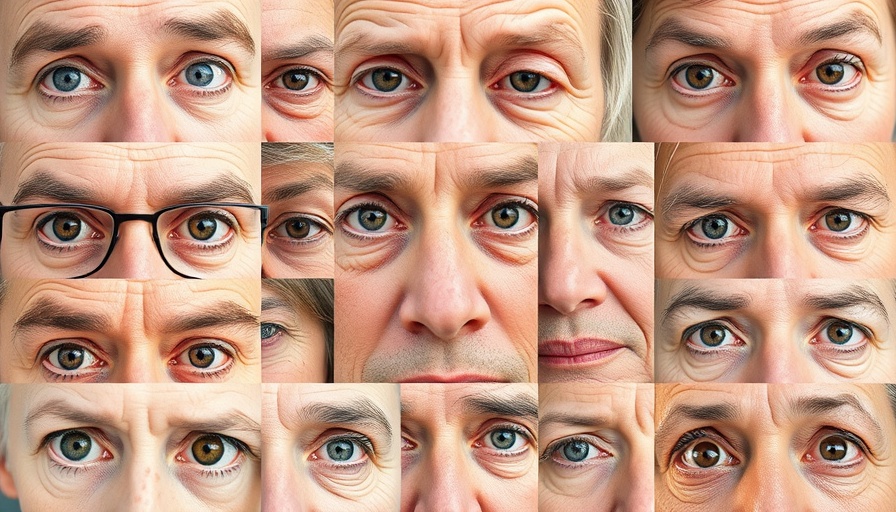
Understanding Vision Loss in Seniors
As June is Cataract Awareness Month, it's a perfect time for seniors to take a critical look at their eye health. According to the American Academy of Ophthalmology, the leading vision issues affecting older adults include cataracts, glaucoma, and age-related macular degeneration (AMD). Thankfully, advancements in surgical techniques and medical understanding are paving the way for improved vision care.
What Are Cataracts?
Cataracts, which develop when the eye's natural lens becomes cloudy, affect over 20 million Americans aged 40 and older. Symptoms include blurry vision, trouble seeing at night, and difficulty distinguishing colors. The solution is cataract surgery, where doctors replace the cloudy lens with an intraocular lens (IOL). With several lens options now available—including toric lenses for astigmatism and multifocal lenses for multiple viewing distances—patients can enjoy a tailored approach to restoring their vision.
Managing Glaucoma
Glaucoma often goes unnoticed in its early stages, with symptoms only appearing once significant damage has occurred. This eye condition involves increased pressure that can harm the optic nerve and, ultimately, result in vision loss. Approximately 4.2 million Americans have glaucoma, and regular eye exams are essential for early detection.
Current treatment strategies may include medicated eye drops or surgery. A promising innovation is minimally invasive glaucoma surgery (MIGS), allowing for combined treatment with cataract surgery, thus streamlining the experience for patients.
Age-Related Macular Degeneration
Macular degeneration primarily affects seniors, with nearly 20 million Americans experiencing some form. Its most prevalent type, dry AMD, leads to deterioration of the central part of the retina, whereas wet AMD, a progression of dry, can cause significant vision loss due to abnormal blood vessel growth.
While there is no definitive cure, several treatments can slow its progression—beneficial news for seniors navigating eye health.
Why Regular Eye Exams Matter
With the variety of eye conditions that can affect seniors, incorporating regular eye exams into your health care routine can be life-changing. Early detection of issues like cataracts, glaucoma, or AMD can lead to more effective treatment and better outcomes.
Connecting Vision Health with Lifestyle Choices
Understanding eye health is an essential aspect of overall well-being for seniors, most of whom may reside in senior living communities. Integrating knowledge of eye care within the supportive environment of retirement homes, independent living facilities, and nursing homes enhances the quality of life. Health professionals can utilize this awareness to offer targeted caregiving services, ensuring aging adults maintain their independence and health.
Your vision is priceless, so don’t wait—prioritize eye health with regular check-ups and by knowing what treatments are available if conditions arise. The advancements in care are endless and directly contribute to enhancing not just your vision but also your overall quality of life.
 Add Row
Add Row  Add
Add 




Write A Comment